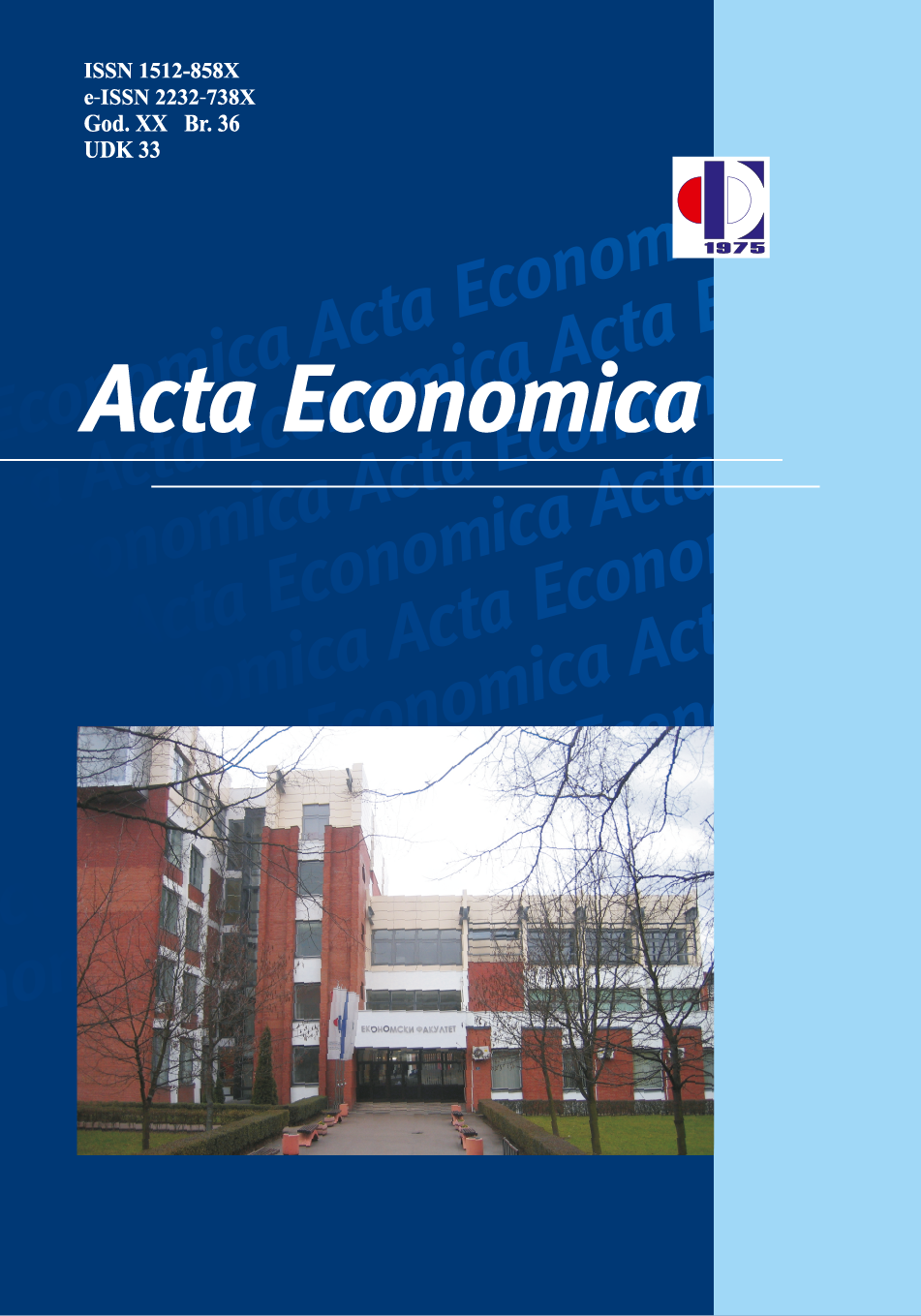BOOK REVIEW: NIKOLA NJEGOVAN (2022) FRIEDMAN’S CHALLENGE
DOI:
https://doi.org/10.7251/ACE2237231TAbstract
The initiators of the “marginalist revolution”, Jevons, Menger and Walras, had no idea how much intellectual energy their ideas would trigger in the decades and centuries to come and what implications they would leave for the development of economic theory and methodology. From their time, it was unforeseeable that the “golden age of economic theory” of the 40s and 50s of the twentieth century would follow, as evidenced by the “marginalist controversy” and Friedman’s (1953) “The methodology of positive economics”. The “golden age of economic theory” enabled the emergence of Samuelson’s “neoclassical synthesis” and the constitution of modern microeconomic theory. It was even less predictable that the history, methodological controversies, and literature related to the “marginalist revolution”, “marginalist controversy”, “Methodology of positive economics”, and “neoclassical synthesis” would arouse so much interest at the Faculty of Economics in Belgrade. It is worth reminding that the professors at this Faculty have written significant works dedicated to topics whose comprehensiveness, method of analysis and attitudes do not lag behind the level of similar papers at other universities in the world. These papers undoubtedly include “Contemporary bourgeois theories of value and prices” by Zoran Pjanić (1965), “Austrian theory of capital” by Milić Milovanović (1986), “Fundamentals of Austrian theory” by Božo Stojanović (2008, 2021), and we hope that the list will soon include “Friedman’s Challenge” by Nikola Njegovan, which was recently published by the Publishing Centre of the Faculty of Economics, Belgrade.

